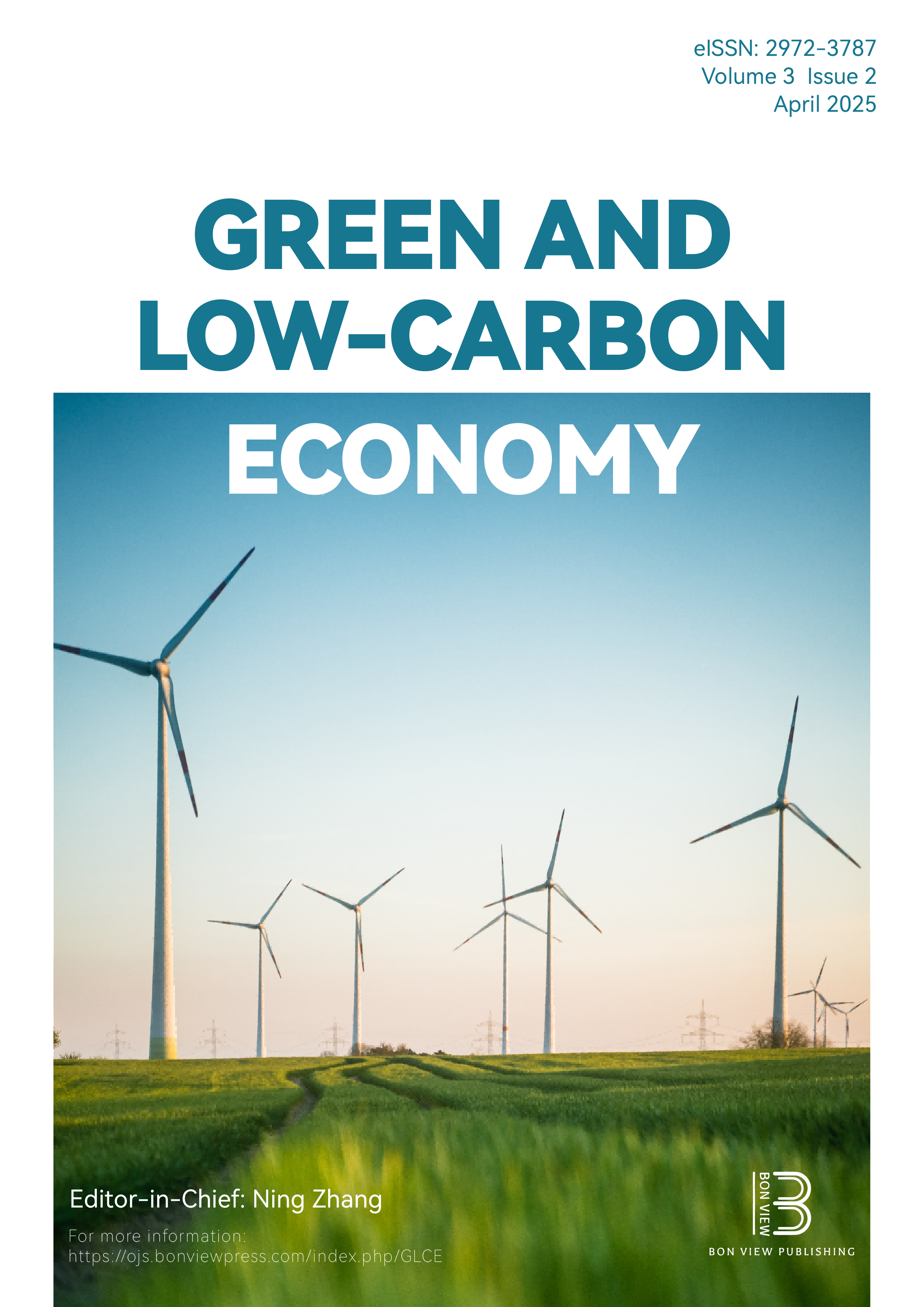Toward Sustainable Artificial Intelligence: An Overview of Environmental Protection Uses and Issues
DOI:
https://doi.org/10.47852/bonviewGLCE3202608Keywords:
artificial intelligence, impact on the environment, sustainabilityAbstract
Artificial Intelligence (AI) is used to create more sustainable production methods and model climate change, making it a valuable tool in the fight against environmental degradation. This paper describes the paradox of an energy-consuming technology serving the ecological challenges of tomorrow. The study provides an overview of the sectors that use AI-based solutions for environmental protection. It draws on numerous examples from AI for Green players to present use cases and concrete examples. In the second part of the study, the negative impacts of AI on the environment and the emerging technological solutions to support Green AI are examined. It is also shown that the research on less energy-consuming AI is motivated more by cost and energy autonomy constraints than by environmental considerations. This leads to a rebound effect that favors an increase in the complexity of models. Finally, the need to integrate environmental indicators into algorithms is discussed. The environmental dimension is part of the broader ethical problem of AI, and addressing it is crucial for ensuring the sustainability of AI in the long term.
Received: 28 December 2022 | Revised: 16 February 2023 | Accepted: 20 February 2023
Conflicts of Interest
The authors declare that they have no conflicts of interest to this work.
Data Availability Statement
Data available on request from the corresponding author upon reasonable request.
Author Contribution Statement
Arnault Pachot: Conceptualization, Methodology, Software, Validation, Formal analysis, Investigation, Resources, Data curation, Writing - original draft, Writing - review & editing, Visualization, Supervision, Project administration. Céline Patissier: Methodology, Investigation, Resources, Data curation, Writing - original draft, Writing - review & editing.
Downloads
Published
Issue
Section
License
Copyright (c) 2023 Authors

This work is licensed under a Creative Commons Attribution 4.0 International License.


